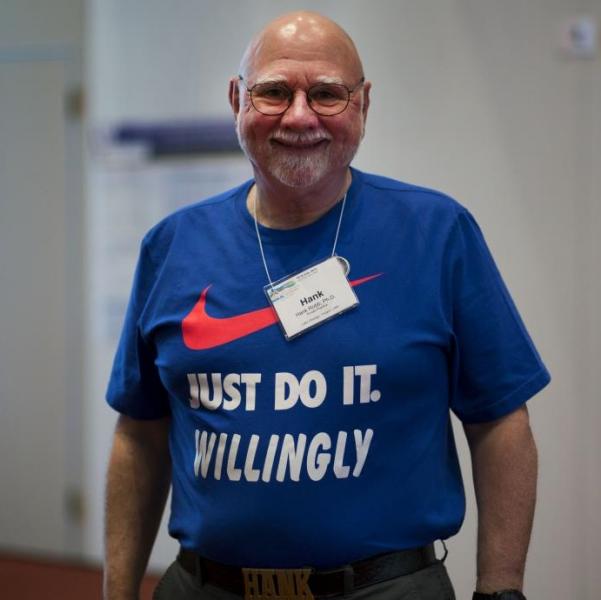Starting a Peer-to-Peer Consultation, Supervision or Study Group
Starting a Peer-to-Peer Consultation, Supervision or Study GroupOne of the most common and fundamental activies among our many chapters and SIGs are variations on peer-to-peer ACT supervsion group. There are many variations on how such groups are being run by many of our chapters. ACT, CBS, RF, theory, conceptualization, process are discussed and skills developed didactically and experientially. They usually run on a monthly bassis.
1. Some are more like study groups, a text or article, or topic is chosen for mutual discussion.
2.Some are more like case clinical conferences in which someone presents a case, someone (or the group) gives feedback on ACT realted conceptualization, procesess and intervention, in addtion to seeing what proceses the therapist him/herself is engaged in. A formal description of this type of group is described in the "Portland Model", is attached in the PDF below.
3. Some consultation groups are "open" some "closed"; closed could mean, e.g., a core group of individuals are asked to make a minimum commitment of monthly meetings for a year, "open" could mean individuals make no particular commitment, show up now and then over the course of the year, paticipants therefore vary on any given meeting. A host-facilitator is chosen and/or rotating faciliators are there to choose a topic, faciliate case conference, etc.
Feel free to contact local chapters in your region to discuss questons about starting such a group and make sure to list your consult or study group with your local chapter, get listed on the closest chapters homepage and on the general ACBS peer group consult page. If there isn't a chapter in your region, state or province, also consider making your ACT consult or study group an official ACBS "affiliate".
Contact Chapter & SIG committee for help and/or questions.
Portland Model of Peer-to-Peer Consult
Portland Model of Peer-to-Peer Consult Abstract: Regular peer consultation can be an important means to continually develop clinical skills. This paper describes our journey in creating a peer consultation group aimed at helping people learn and practice Acceptance and Commitment Therapy (ACT). Across several years, we have refined and shaped our meeting format, created documents outlining the format and roles, and begun to disseminate this model to others interested in beginning their own ACT peer consultation groups. This paper presents our model for running ACT consult groups, explains the history of it, and provides context for the choices we made in its development.
Abstract: Regular peer consultation can be an important means to continually develop clinical skills. This paper describes our journey in creating a peer consultation group aimed at helping people learn and practice Acceptance and Commitment Therapy (ACT). Across several years, we have refined and shaped our meeting format, created documents outlining the format and roles, and begun to disseminate this model to others interested in beginning their own ACT peer consultation groups. This paper presents our model for running ACT consult groups, explains the history of it, and provides context for the choices we made in its development.
Thompson, B. L., Luoma, J. B., Terry, C. M., LeJeune, J. T., Guinther, P. M., Robb, H. (2015). Creating a peer-led acceptance and commitment therapy consultation group: The Portland model. Journal of Contextual Behavioral Science, 4, 144-150.